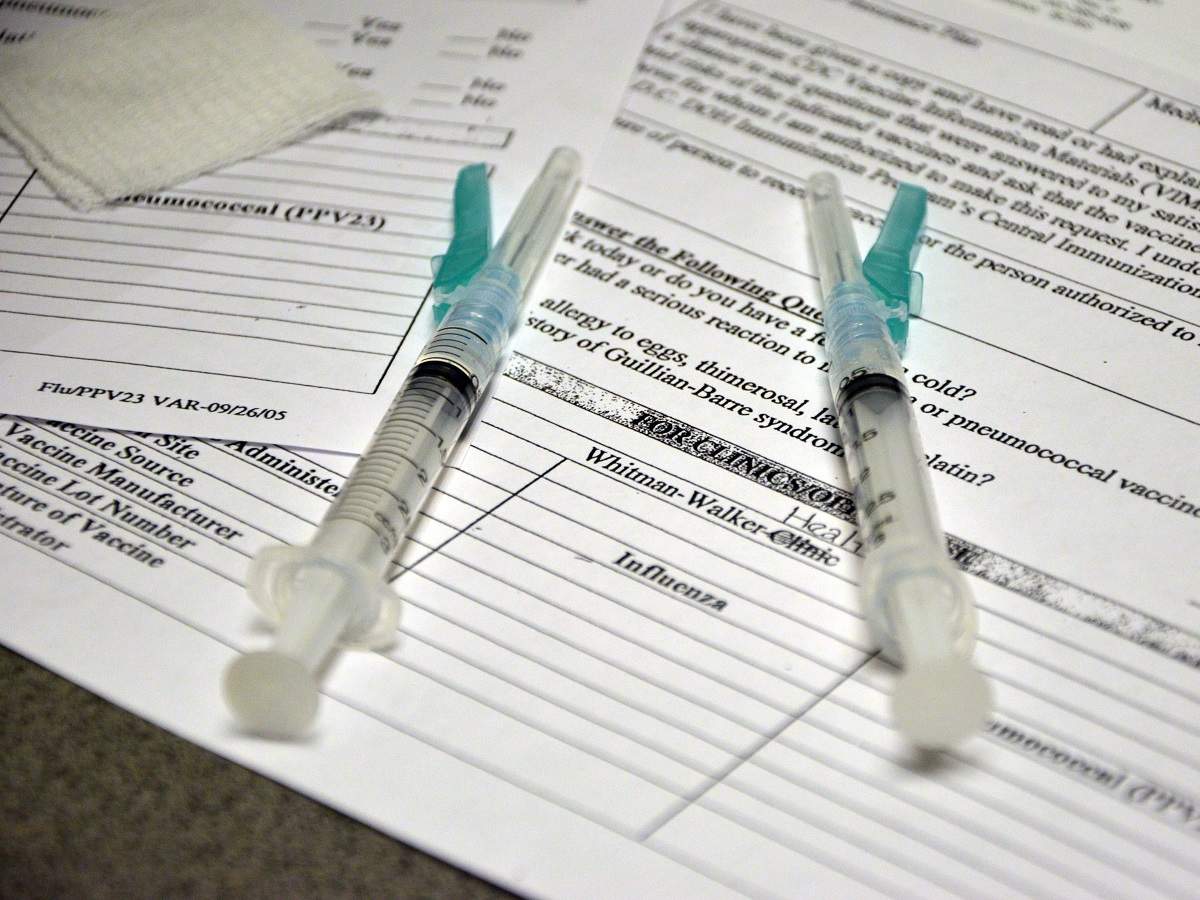
The last few weeks have given the world hope with three vaccine manufacturers:
With the possibility of an affordable vaccine for February 2021, ‘LocalCircles’ conducted a survey to understand the levels of hesitation. The survey received more than 25,000 responses from citizens of 262 districts of India.
The first question of the survey was: “It is likely that the Covid-19 vaccine will be available from February 2021 through private and government channels. If that happens, what will be your approach to taking this vaccine?”
Responses were received from 8,936 citizens. Of which, 8 percent said, “I am a healthcare or front-line worker and will receive it as a priority through the government,” 13 percent said they will “get it as soon as it is available through any channel. health care, “11 percent said they” will get it as soon as it is available through the private healthcare channel.
Another 59 percent of those surveyed said they won’t rush to take the vaccine, even if it’s available in the near future. The perception of most citizens skeptical about vaccination has not changed much compared to the result of the poll conducted in mid-October by LocalCircles.
Sixty-one percent of the 8,312 voters at the time said they are skeptical about the COVID-19 vaccine and will not rush to take it in 2021, even if it is available.
Closer to India, where the Serum Institute of India is conducting trials for the vaccine under the Covishield name, a participant who conducted the trial claimed that the vaccine caused serious side effects, both neurological and psychological, for damages against Serum.
Serum has dismissed the claims as “oblique pecuniary motive”, arguing that the participant’s suffering was independent of the vaccine trial he underwent and has sought damages for malicious accusations of more than 100 million rupees.
According to some experts, Serum should have made the adverse event public and some already call this low level of transparency in the vaccine and possibly lead to increased mistrust among citizens.
In July 2020, citizens through LocalCircles alerted the Controller General of Drugs of India (DCGI) about the black marketing of Remdesivir, leading to the immediate issuance of an order by DCGI to all drug controllers. state asking them to increase the application of it. There have been many messages from citizens in the last 3 weeks raising concerns about the black marketing of vaccines.
The second question asked citizens: “Once the COVID-19 vaccine is ready and commercially available, what is the level of risk of black marketing that you anticipate?” 8,934 responses were received. In particular, 72 percent of Indians believe that once the vaccine is available, there is a high risk that it will be sold on the market.
In mid-July, after the black marketing escalation of Remdesivir, LocalCircles, on the recommendation of citizens, wrote to the Department of Pharmaceutical Products and the Ministry of Health and Family Welfare to implement tracking based on serial number and code of vaccine bars from the factory to administration to a patient so that there is no room for black marketing.
The same was recognized by the Department of Pharmaceutical Products which ordered the National Pharmaceutical Product Price Authority (NPPA) to evaluate it. In early October, the Government announced the implementation of a digital platform to track the administration, movement, storage and distribution of the COVID-19 vaccine to individual beneficiaries. However, the availability schedule for this platform is not yet clear.
The third question posed to citizens: “Should the vaccine be implemented for hospitals only after a digital platform is introduced with the use of a unique serial number to track the supply of the COVID-19 vaccine from the factory to the administration to citizens? “.
14 Indian sailors captured in war-torn Yemen to return to India
01:16

Out of 7,786 responses, 65 percent of citizens believe that the COVID-19 vaccine should not be implemented until a digital platform to track each dose from factory to final administration to citizens is functional.
The fact that 65% of citizens believe that the vaccine should not be released for commercial or hospital use until the digital vaccine tracking platform is ready indicates that the people of India believe that there is a high risk that the vaccine without a working digital platform it could enter the market. wrong hands leading to black marketing scenarios and even counterfeiting.
The digital vaccine tracking platform would reportedly need to track the supply of about 1.7 billion doses of Covid-19 vaccine needed to immunize the majority of India’s adult population, a gigantic task than any other in history. , taking into account the country’s experience with large immunization campaigns. .
The Prime Minister has called on all states to establish steering committees and working groups, up to block level readiness for the Covid-19 vaccine disbursement so that India is ready when the vaccine is ready.
.
